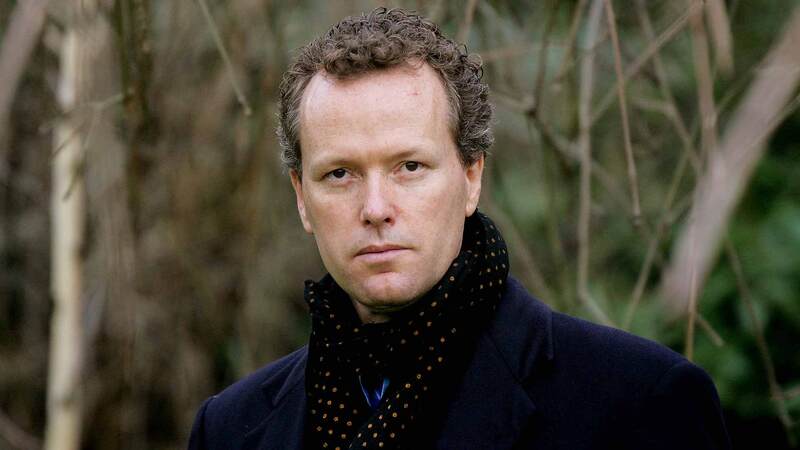You are viewing your 1 free article this month. Login to read more articles.
De Waal, Spufford and Buchanan shortlisted for the Desmond Elliott Prize
My Name is Leon by Kit de Waal (Viking), whose book was recently optioned by Lenny Henry's production company for television, has been shortlisted for 2017's £10,000 Desmond Elliott Prize, designed to spot up-and-coming talent and propel authors to greater recognition and success. Her book is joined on the list by Harmless Like You by Rowan Hisayo Buchanan (Sceptre) and Costa First Novel Award winner Golden Hill by Francis Spufford (Faber & Faber).
Books by the "future literary luminaries" - whose works were all dubbed "fine novels tout court" by chair of judges and literary editor for the Spectator Sam Leith - were chosen by Leith with the help of the author Kamila Shamsie and W H Smith buyer Iain Rushworth from a longlist of 10 that the prize in March called its "strongest ever".
On the shortlist, de Waal's My Name is Leon is told from the perspective of nine-year-old Leon, who is separated from his mother and little brother Jake by social services and is desperate to piece his family back together again. The book, already the winner of France’s Plume de Bronze Award for fiction, was recently optioned by Douglas Road Productions, Lenny Henry's production company, after the comedian narrated the audio book. Leith called it "a piercing story: fierce, touching and with the absolute ring of truth-to-experience".
Harmless Like You by Rowan Hisayo Buchanan, won by Sceptre in a six-way auction, is also in the running. Another tale of a separated family, it was described by Leith as "a work of startling wisdom and maturity". It tells the story of a young woman struggling to find her place in 1960’s New York, and her son Jay who she abandons when he is two years old.
Completing the shortlist, and also set in New York yet in 1746, is historical novel Golden Hill by Francis Spufford (Faber & Faber), last year's winner of the Costa First Novel Award. It centres on a young man, Mr Smith, who arrives under a shroud of mystery with an order for an enormous amount of money. Leith branded it "a period pastiche that offers the abundant narrative pleasures of an 18th-century romp, with a slyly 21st-century knowingness". He added, "It is a terrific story: exciting, funny, dramatic, exquisitely written and in its unforeseeable final twist, richly moving.”
Dallas Manderson, chair of trustees for the prize, said: “The judges have done a commendable job of selecting three titles from a strong, varied and ambitious longlist and we are delighted to present such an exemplary shortlist in our 10th anniversary year. The Prize strives to recognise future literary luminaries at the very start of their careers and our 2017 shortlisted authors certainly fit that bill. Their masterful debuts are just the beginning. We can expect to see great things indeed from these exceptional storytellers.”
Leith, chair of judges and literary editor for the Spectator, said: “The level of excellence - not just potential, but real accomplishment - shown by each of the three books on this list makes it clear that these aren't ‘good for a debut’ or ‘promising first novels’: they are fine novels tout court. Each shows technical command, each tells a compelling story, and each is given that vital extra depth by the imaginative capacity to inhabit real human feeling. I'm honoured to have had a role in selecting them.”
Penguin Random House imprint Viking is shortlisted for the third year in a row, having been shortlisted in 2016 and 2015 for The House at the Edge of the World by Julia Rochester and Elizabeth is Missing by Emma Healey, respectively. It is also the third year in a row the Prize has revealed a majority female shortlist.
The winner will be revealed at a ceremony at Fortnum & Mason on 21st June, where they will be presented with a cheque for £10,000.
Last year the prize was won by Lisa McInerney for her novel The Glorious Heresies (John Murray), since optioned for television, with a second novel, The Blood Miracles (John Murray), just published.


















